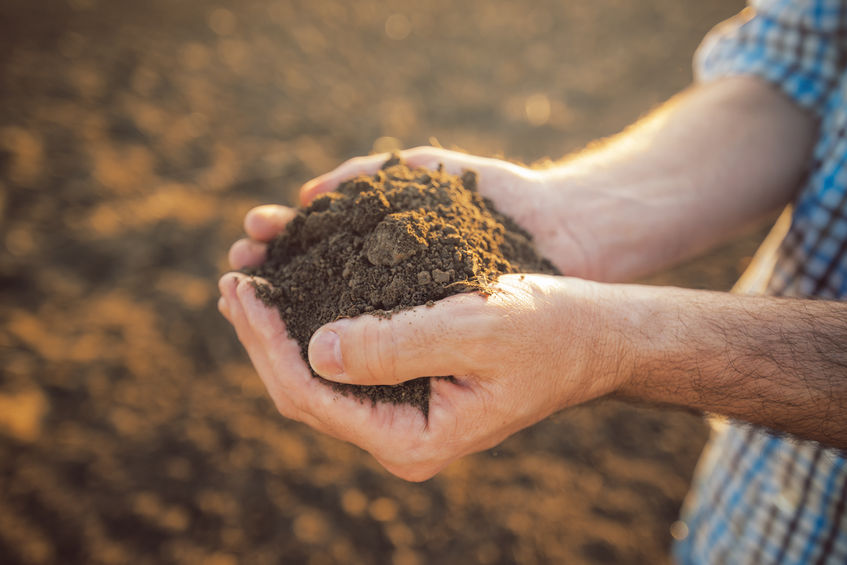
The organic sector has been urged to change the way it engages with farmers and consumers if the opportunities offered by the sector are to be taken more seriously.
Years of "comparing and criticising" other production systems meant the sector has not received enough positive attention, according to an organic certification control body.
The Organic Farmers & Growers (OF&G) has called on producers and organic businesses to change their mindset to fully realise organic's "major potential" for farming businesses post-Brexit.
Part of the problem is because the notion of organic has become a "loaded word", Roger Kerr, chief executive of OF&G said.
“We need to change things. We need to start engaging, sharing, and change the record if organic is to be part of the UK’s domestic agricultural policy,” he said.
He calls for the sector to talk about organic differently, and how it can bring opportunities for a post-Brexit farming industry which is set to take the environment more seriously.
“We also need to talk about ecological innovation alongside technical innovation, which is an area we haven’t really started to mine as far as government is concerned,” he said. “We need to place organic in the centre of that to help drive that innovation.”
It follows data showing the amount of land dedicated to organic farming in the UK showing a decrease, despite the rest of the EU showing growth.
According to the latest data from the European Commission, figures show that the EU's organic area increased by 30% between 2010 and 2016, reaching a total of almost 12 million hectares in 2016, an annual rate of 4.4%.
The biggest increases came in Bulgaria, Croatia, France and Cyprus. However, the UK was the only country that registered a decrease (of 30%) during the same period.
In total, the area under organic farming represented 6.7% of all agricultural land in Europe in 2016.
